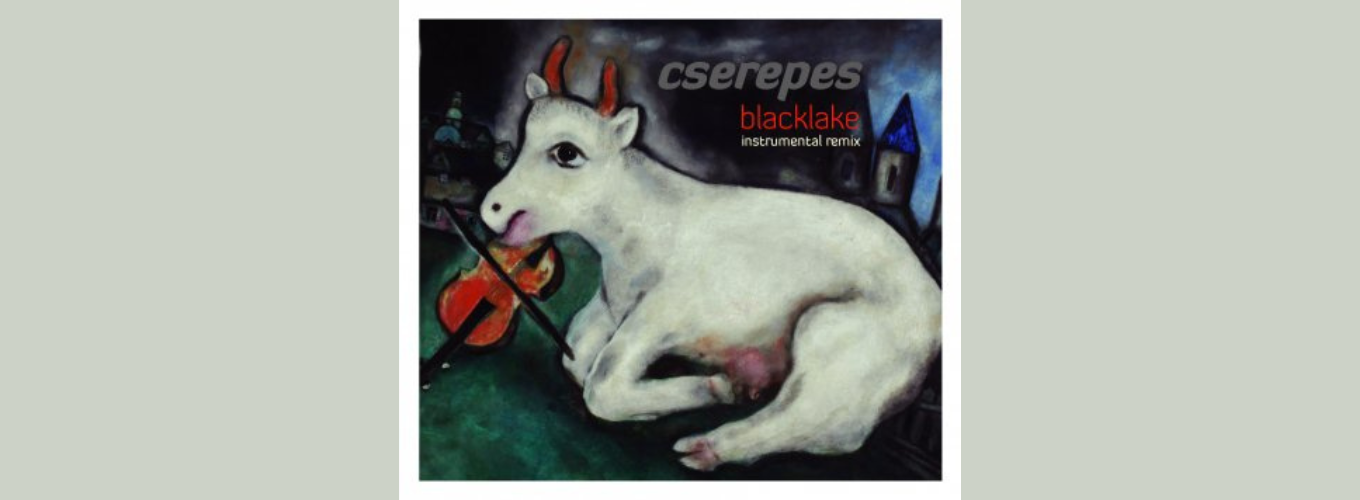
Cserepes: Blacklake
The album was selected by WMCE (World Music Charts Europe) 2017, July.
Negreni/Feketetó (literal translation to English: Blacklake) is a small village in Romania where a public market has been held every fall since the 19th century. Naturally in Romania, where Romanians, Hungarians, Gypsies, Jews and Saxons lived together, the market was also a meeting of cultures. Until the end of the 20th century, when musicians went to market, they also brought their instruments. Just walking through the market one could enjoy the music of one ethnic group after another: and the babel of sounds wasn’t virtual ‘interference’- it was real. The differences, and the similarities, between the cultures that lived together could be heard. There is still a market, but today the musicians aren’t there. That’s why we’re inviting you, the listener, to take an imaginary walk through the old Negreni/Feketetó market where, because technology makes it possible, the babel of sounds come together again in virtual reality. (Károly Cserepes)
"For my record ‘Blacklake’ (as with my other world music records) my basic approach is to embed traditional recordings (‘samples’) in an unusual musical environment. Basically I don’t change the samples themselves, but I place the originals, like found objects, in a foreign musical weaving. One of my aims is to bring those treasures of original folklore (which by the way, only a few specialists pay attention to) to another, wider audience. In ‘Blacklake’ the folklore samples are not only quoted (embedded), but step into interrelationship amongst themselves. Attention goes to the similarities and differences in the material and it becomes possible to see that there are no sharp borders between the cultures, instead only continuous transitions...We either admire or are afraid of cultural diversity. With these little steps I would like to shorten the distance between the two extremes.
From a technical point of view digital technology makes this kind of interpretation possible. With a bit of tuning (tempo, sound level), the original material can be reduced to a musical ‘common denominator’. The folklore samples thus modified easily continue as conversation, and then become suitable to unfold together as an imagined drama or ‘story’. Addition of many ‘exterior’ elements is not necessary given that the samples become each other’s textual environment (instrumentation)." (Károly Cserepes)
Special thanks to the musicians (both those still with us and those that have passed on), and for archival recordings to: Bangó Kálmán, Fodor Sándor Netti, Jámbor István Dumnezeu, Árus Pippi, Csányi Sándor, Jámbor Ferenc, Csányi Mátyás, Kóré Géza, Ökrös Csaba, Árendás Péter, Tiszakóródi banda, J. Csoóri Sándor Jr., Éri Péter, Kozma Gyula, Bogdan Guta, Deda Miloje, Liviu Imparatu, Sandu Ciorba, Gheorghe Rada, the Lomax Archive, Collection of Prof. Martin Schwartz, Etnofon Records.





